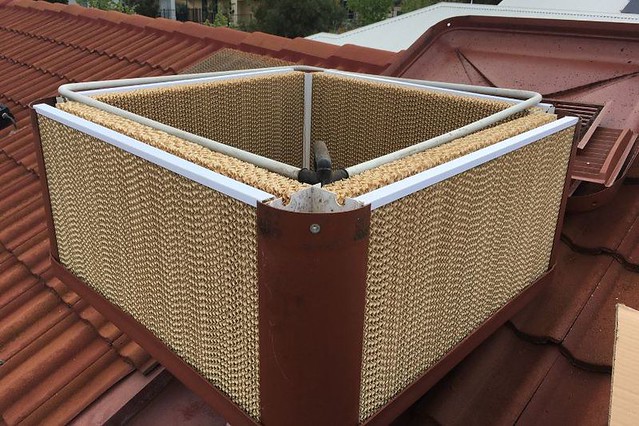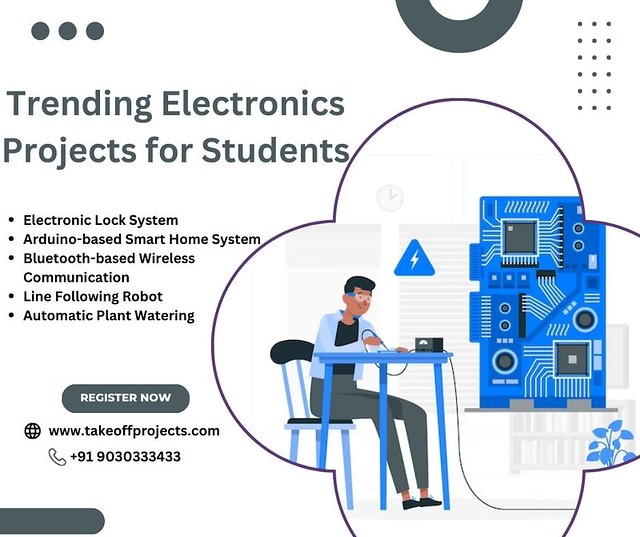
Why Buy a Solar Outdoor WiFi Camera?
A solar outdoor camera can be an excellent solution for your home security. It can save you money on electricity bills and is safe for the environment. It also allows you to view your security cameras remotely.
Some solar security cameras require WiFi to transmit footage but others can operate on 4G cellular or store videos on an SD card without network connectivity. These cameras are perfect for remote areas with bad Wi-Fi.
Easy to install
Solar power camera kits can be a great investment for people who want to monitor a remote location. They are typically more durable than wired cameras and can withstand harsh weather conditions. However, you should always back up the footage on a regular basis to prevent loss. Moreover, you should check the SD card capacity regularly. The size of the SD card will determine how long your camera can record videos. Generally, a 64GB SD card can hold about 36 hours of 2K 4MP video.
Solar-powered wireless security cameras are ideal for places where a power socket is not available or running power cables is impossible. They can be installed in a wide range of locations, including vacation homes, cottages, sheds, vineyards, farms, and barns. They also work well for business and construction sites.
The basic solar powered security camera setup requires a wireless outdoor camera, a solar panel (or a solar panel kit) to generate electricity, a rechargeable battery for power storage, a DC converter or solar regulator, and cables to connect all the components together. It is important that the power supply voltage of the solar panel matches the power output voltage of the wireless security camera, or else it might not work properly or even get burned.
No maintenance
Solar-powered security cameras are easy to install in a DIY fashion and require minimal maintenance. They can be placed anywhere that sunlight reaches and can rival regular camera systems in video performance. They can last for years as long as they receive sufficient sunlight. Additionally, most of them have advanced storage systems that can be accessed through the USB or Micro SD slots or the company’s cloud storage accessible through their app tuya.
Most solar-powered security cameras are durable gadgets that can operate in a variety outdoor wifi camera solar powered of weather conditions. They can work in rain, sleet, and even snow depending on the quality of the panel and battery used. These devices also have backup power sources that can be plugged into the camera’s socket or can be recharged with eco-friendly rechargeable batteries.
Another unique feature of solar-powered security cameras is that they can record videos without WiFi connection and still have the motion detection function working. However, the internet connection is required if you want to watch live viewing or get instant alerts. You can even share access to your camera with up to 12 users.
No electricity bills
Compared to wired security cameras, solar powered outdoor wireless cameras are able to reduce electricity bills by harnessing free and clean energy from the sun. Moreover, they have no installation fees or cables, which make them ideal for remote sites that are difficult to wire into the power grid. Typical sites include vacation houses, cabins, sheds, construction sites, vineyards, farms, barns, and boats.
Solar security cameras are able to capture sunlight and convert it into electricity, which can then be used to charge the camera battery. However, the amount of sunlight needed to keep a solar-powered security camera running depends on multiple factors. For example, peak sunshine hours can vary depending on season and location, and weather conditions like rain or snow can affect the panel’s performance.
When choosing a solar-powered security camera, pay attention to its features and functions. Ideally, a solar-powered security camera should have an intelligent PIR motion detection sensor that can reduce false alarms caused by insects and fallen leaves while catching human activity. It should also support APP multi-device sharing and two-way audio.
No wires
Solar-powered security cameras are a great alternative to traditional wired cameras. They do not require an electrical power source and can be mounted in a wide variety of locations, including remote areas. They also provide the freedom to view and manage local videos via your phone or tablet. This is especially useful for surveillance applications, such as monitoring wildlife preserves or other outdoor settings.
A solar-powered camera has a rechargeable battery that can store solar energy, so it is more reliable than a wired camera in areas with less sunlight or during seasons when the sun does not appear for long periods of time. They can also connect to your WiFi network, making it easier for you to monitor your property from anywhere in the world.
To maximize the benefits of a solar-powered camera, look for one with a high-resolution camera and motion detection capabilities. Make sure the camera has a memory card slot that supports up to 128GB of storage, as well as remote access and event playback timeline features. Some solar security cameras also have night vision and can record motion at the moment of occurrence.
No pollution
A solar-powered security camera runs on the sun rather than electricity, which reduces your carbon footprint and energy bills. It can also help you save money on batteries. Solar cameras can also be used in areas without access to power or WiFi, such as barns and vacation homes. They can be installed anywhere that gets sunlight and are easy to operate, thanks to their built-in motion sensor and mobile app.
The main drawback of a solar-powered security camera is that the sun doesn’t always provide enough light to charge its battery. Some WiFi Camera regions are known for having a lot of cloudy weather, which means you won’t be able to rely on the sun to keep your camera charged all year round. You might need to install a larger solar panel or buy a backup battery to ensure that your camera is fully functional.
Some solar-powered cameras feature night vision that can detect movement and send you alerts. Others use a combination of IR and LED lights to illuminate the scene. They can also detect the color of a subject’s clothes and provide vivid color images. Some even support APP multi-device sharing and two-way audio.



